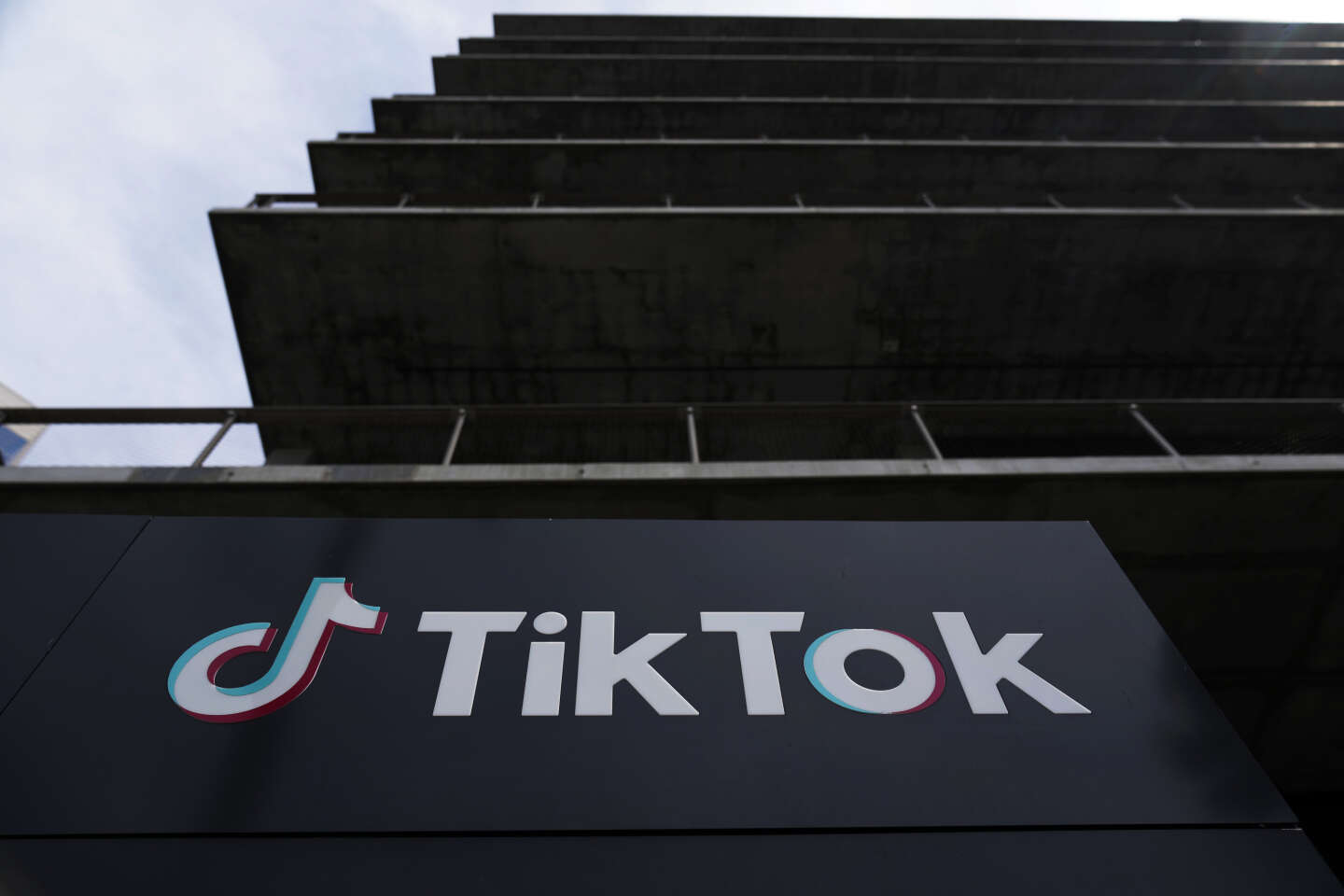
The BBC is encouraging employees to remove TikTok from work phones
The BBC has advised its staff to remove TikTok from work phones, the British audiovisual giant announced on Monday, March 21, following in the footsteps of several Western organizations warning about the Chinese app. The BBC reported in an article on its website that staff received an email on Sunday claiming the group “Do not recommend installing TikTok on a BBC device, unless there is a justifiable commercial reason”.
“If you don’t need TikTok for work, you should delete TikTok”, is added. These new guidelines come as the UK already banned TikTok on government devices last week, following in the footsteps of Washington or the European Commission, which have implemented similar bans.
“The BBC takes the security of its systems, data and staff very seriously. We constantly review activity on third party platforms – including TikTok – and will continue to do so.said a spokesperson for the group. We would also like to clarify that the use of TikTok on BBC devices is still permitted for editorial and marketing purposes. »
Norway advises against installing TikTok and Telegram on work devices
Similarly, in Norway, the Minister of Justice, Emily Inger Mehl, on Tuesday advised the country’s civil servants not to install the Chinese app on their professional devices. This recommendation also applies to the Telegram encrypted messaging system of Russian origin. in their risk assessment (…)Intelligence services point to Russia and China as the main risk factors for Norwegian security interests.The minister explained, quoting in a press release.
“They also point to social media as an arena for dangerous actors and others who want to influence us with misinformation and fake news.”she added. The recommendation applies to all professional devices of civil servants connected to the digital systems of their departments. If their use corresponds to professional justifications, civil servants can still use TikTok and Telegram, but on devices that are not connected to the departments’ digital systems, as specified by the Ministry.

Listen too Should we be afraid of TikTok?
The Netherlands advises against the application for its civil servants
Following in the footsteps of Norway, the Dutch government, in turn, advised its officials on Tuesday not to use TikTok or other apps run by countries with it. “offensive cyber program” on their business machines. According to a notice from the Dutch secret service, there Increased risk of espionage By using TikTok or other apps run by countries like Russia, China, Iran and North Korea.
The Dutch government added that it aims to achieve a “structural solution”according to which it will be impossible for them to use these applications on their professional devices. “Recent parliamentary questions and international developments have led to a careful assessment that goes beyond advising against the application.”said V.I statement Alexandra van Hoevelin, Dutch Minister of State for Digitization. Ultimately, the Dutch government wants all civil servants’ work phones to be configured so that previously authorized apps, programs or functions cannot be installed and used.
Prior to the position of the Netherlands and Norway, Canada, the United Kingdom and the United States had already banned TikTok from government devices due to data security concerns. The social network, whose parent company ByteDance is Chinese, has come under increasing scrutiny from Westerners over concerns that Beijing could access user data around the world. TikTok acknowledged in November that some employees in China had access to European user data and admitted in December that employees had used that data to stalk journalists. But the group vehemently denies any Chinese government control or access to its data.

“Unapologetic pop culture trailblazer. Freelance troublemaker. Food guru. Alcohol fanatic. Gamer. Explorer. Thinker.”
